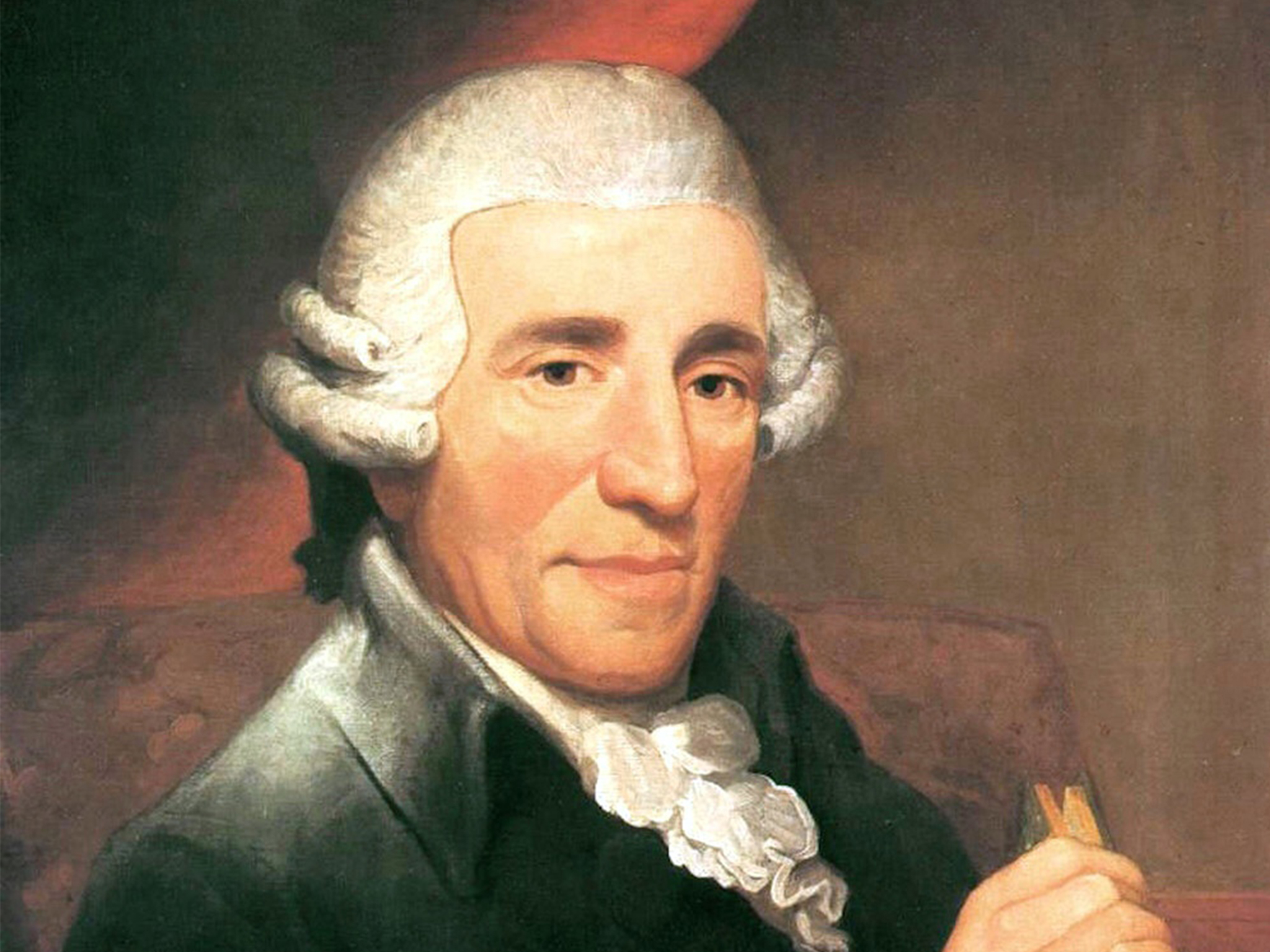
The Father of the Symphony: A Biography of Joseph Haydn
Franz Joseph Haydn (1732-1809) was an Austrian composer who stands as one of the most pivotal figures in the development of classical music. Often referred[…]

Joseph Haydn: The Father of the Symphony
Joseph Haydn, often referred to as the “Father of the Symphony” and the “Father of the String Quartet,” was one of the most influential and[…]

10 Fascinating Facts about Joseph Haydn
Joseph Haydn, often called the “Father of the Symphony” and the “Father of the String Quartet,” was a pivotal figure in the development of classical[…]

Joseph Haydn – Biography and History
Joseph Haydn, often referred to as the “Father of the Symphony” and the “Father of the String Quartet,” stands as one of the most influential[…]